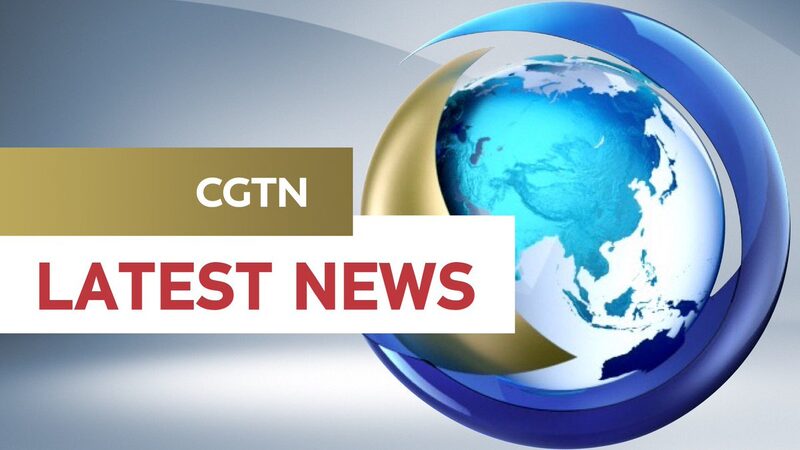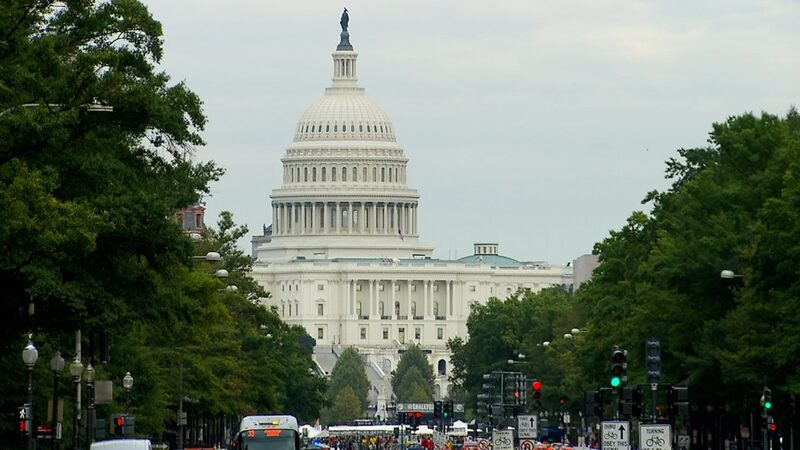In a pivotal moment for American democracy, the U.S. Congress officially certified Republican President-elect Donald Trump’s victory in the November elections over Democratic Vice President Kamala Harris. This certification clears the path for Trump to be sworn in as the nation’s leader on January 20.
The formal validation of the election results took place on Monday, encompassing all 50 states and the District of Columbia. In a succinct and procedural ceremony, members of the House of Representatives and the Senate convened in a joint session to affirm the Electoral College votes. The session was presided over by Harris herself, fulfilling her constitutional duty as Vice President and President of the Senate.
The final tally confirmed that Trump secured 312 Electoral College votes, surpassing Harris’s 226 votes. This outcome reinforces the preliminary counts and underscores the electoral mandate granted to the President-elect.
The certification process is a cornerstone of the U.S. electoral system, symbolizing a peaceful transition of power. Observers note that this event reaffirms the robustness of American institutions amidst a highly competitive political landscape.
As the nation prepares for the inauguration, both domestic and international communities are closely watching the developments. Business leaders anticipate potential policy shifts, while scholars analyze the implications for U.S. relations globally, particularly in Asia. The Asian diaspora and global travelers are also keenly interested in how the new administration might influence international affairs and cultural exchanges.
Trump’s upcoming inauguration marks a significant chapter in U.S. politics, and stakeholders worldwide are considering the potential impacts on economic trends, international collaborations, and diplomatic relations.
Reference(s):
cgtn.com


